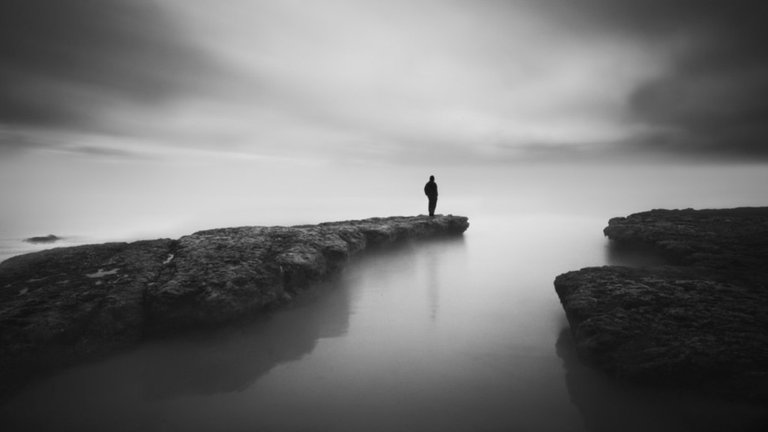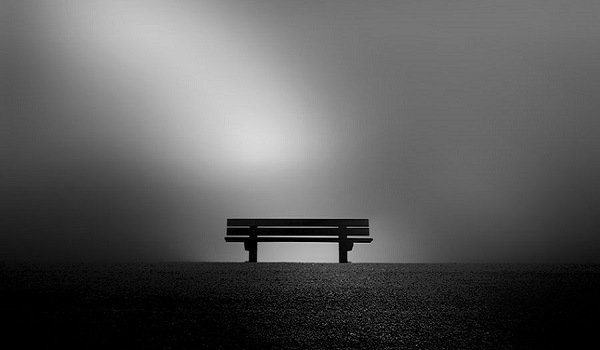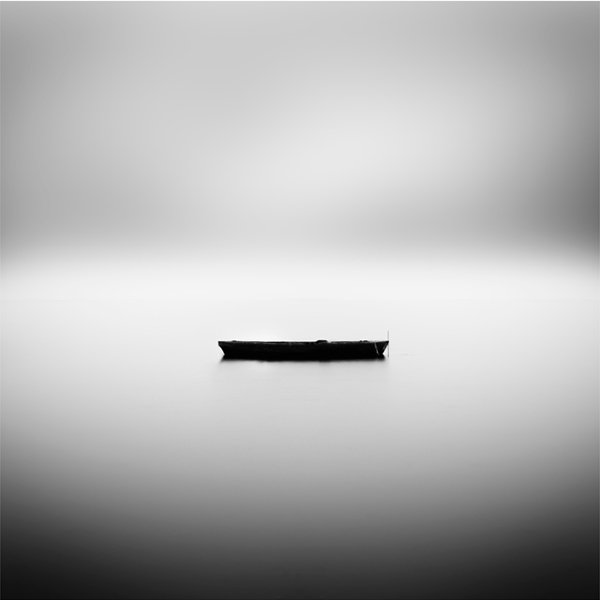THE SOUNDS OF THE HOUSE
Returning to my Hive blog. I started with an essay that I divided into two parts. I would like to facilitate its reading in English in one part.
THE SOUNDS OF THE HOUSE
Julian Barnes: The noise of time
When silence predominates in a place we hear things, noises, that we had not been able to perceive before. This is what happens in our homes. Silence reveals its sounds to us. Because most likely there is always a sound that we do not perceive by our own sounds. So silence allows us to find those peculiarities of our home. The same should happen, perhaps, with our body. Which speaks to how necessary a little silence is sometimes in our lives.
This silence, necessary for inner peace and knowledge, helps us to distinguish the peculiarities of sounds. Particularities that manifest themselves either because they are unique sounds or because they define unique things. When we go out of the city to the countryside, one of the first things we leave behind is noise, or what we consider as such, and that is the special way of sounding that cities have: cars, buses, confused and intermingled voices, the electricity and its consequent sounding devices; and all those common resonances that usually go away with the day until the silence of the dawn.
But the silence of that early morning in the city is perceived differently in the countryside or in front of the sea. When the power goes out in the city, the atmosphere becomes different in silence. I begin to imagine the world of my parents, grandparents and beyond. When the light goes out in the field, the affectation is not much, at least not so much in the sound as it is in the visual. Because in the field the electrical energy seems more focused on the light of the roads than on the sounds. As if the people who live there had not accepted that the arrival of electrical energy disturbe their silence, their particular sounds, so necessary, for example, to recognize an abnormal or defined noise of some prey when hunting.
In any case, when we move from one city to another, one of the first manifestations of change is the type of sound. And each city has its own peculiar sounds. Thus, when we return to a long-awaited place, after visual perception, it is the ear that is sharpened to try to find memories. Hence, there are those who say "the such a site does not sound like I remember". And hence also that a certain sound, such as the noise of the blender or the television without signal (snow or static noise) can rememorize us a memory. What some specialists call sound memory, or memory deconstruction through sounds. In that case, music seems much more powerful to remember, because even without realizing it it can return us to distant situations or remind us, without intending and without waiting for it, significant people in our lives.
Generally we are able to distinguish a known noise in our city or the difference of these sounds when we go to the country or to another city. So the memory of sounds travels with us as well.
These days, a person who is a contact on my Facebook, published with a very emotional note a video to highlight the sound of the cicadas in Venezuela that she misses from Europe. This idea opens a wide compass to the concept of sounds and their relationship with memory and homeland.
And this statement could be connected with the sound of our accents, the distinctions from one place to another and that sometimes we want to generalize, but there are plenty of considerations to notice its own particularities. Luis Yslas says, with good reason, that: “We are being according to the way we sound. And although the modulations vary with the years and changes, the country will always be a voice that reveals us". Thus, we could conclude that, even more, we are not only the sounds that we carry in our memory but the sounds that we produce.
Like that of Miguel Hernández at the time, described in his poem "Last Song", our house is colored with "passions and misfortunes"; because it has been brought to tears dragging the noisy table, appealing, with that sonic image, to the irruption into the interior of homes and family sharing; although he asks for hope because, as he maintains in "The ray that does not stop", he wears "a sound gale" around his neck, to contrast the harmony with the noise produced by the irruption of violence.
Personally, I can refer that it always happened to me, when I lived in Charallave, that, even if I traveled asleep, I knew that I was already arriving at Plaza Venezuela just because of the noise. It is a little imprecise to determine, but the combination of the noise of the encava-type buses, the motorcycles, the car horns, the birds singing, the noise, even the deep sounds of the subway in that station and the whispers, produce an atmosphere that he could easily distinguish on the path that went from El Embalse La Mariposa. Even the distinctive sound of Plaza Venezuela is much more noticeable than that of Coche, which for some undefined reason, referre me to the tranquility of Charallave. Although in particular, I have always liked the sound of Cumaná more: between tranquility and hubbub. The wind, in Cumaná, makes a special contribution. And it is quite noticeable in its own market, close to the sea, like everything there. And when you are facing the sea, by the way, it seems that the sound of the city is not involved, as if it respects its limits; which does not happen, for example, on the beaches of Margarita.
So when we leave the country, the memory of sounds also travels with us, so we also do it trying to find something of those sounds that refer us to tranquility or well-being.
In my case, in Nueva Cajamarca, I have found sounds similar to those in rural areas of Sucre, the men tilling the land, the women shouting at their children, the roosters giving their warnings, the dogs barking at the unknown, the silence when it appears Moon. On the other hand, in Moyobamba, I have found sounds of Cumaná. Here in Moyo, we know that August and these days of September, the cicadas sabotage our classes as the evening falls. Right now, as I read in Whitman "here I am alone, in front of the stridency of the world, / loud and speaking here with aromatic words, / without any blush", the sky is cloudy, the rain will not be the same, but the thunder and the sound of the water falling on the roofs takes me back to my garden, the one I left still uncultivated, and gives me some tranquility.




Congratulations @morey-lezama! You have completed the following achievement on the Hive blockchain and have been rewarded with new badge(s) :
You can view your badges on your board and compare yourself to others in the Ranking
If you no longer want to receive notifications, reply to this comment with the word
STOPDo not miss the last post from @hivebuzz:
https://twitter.com/moreylezama/status/1309916041242390530
Qué hermoso trabajo, @morey-lezama! Tu texto también me suena a ti y a tu silencio. Como bien dices, solo basta hacer silencio en nosotros para que muchas cosas comiencen a sonar (nos) y mientras leo, cosas de miopes, tu post se hace imagen, pintura, recuerdo. Fue un gusto leerte nuevamente. Te abrazo en la distancia
Recibe de vuelta el abrazo. Gracias por tu visita.